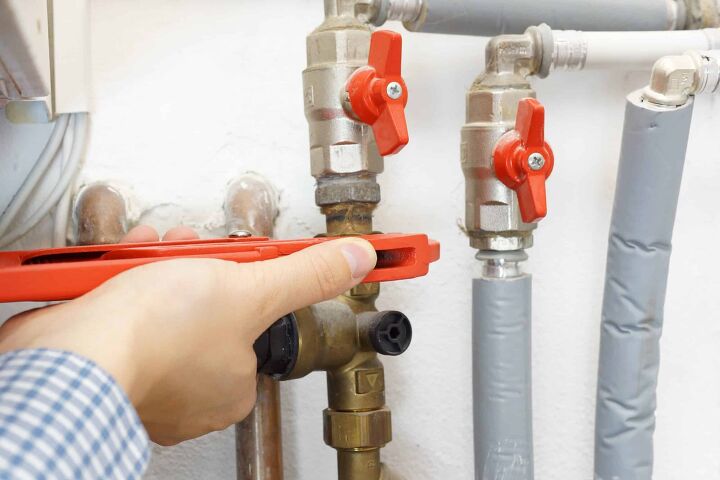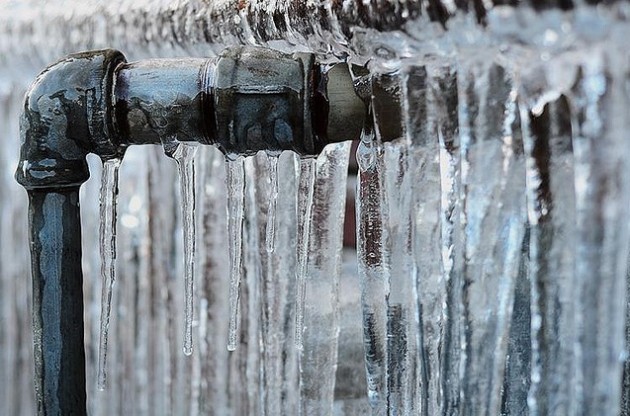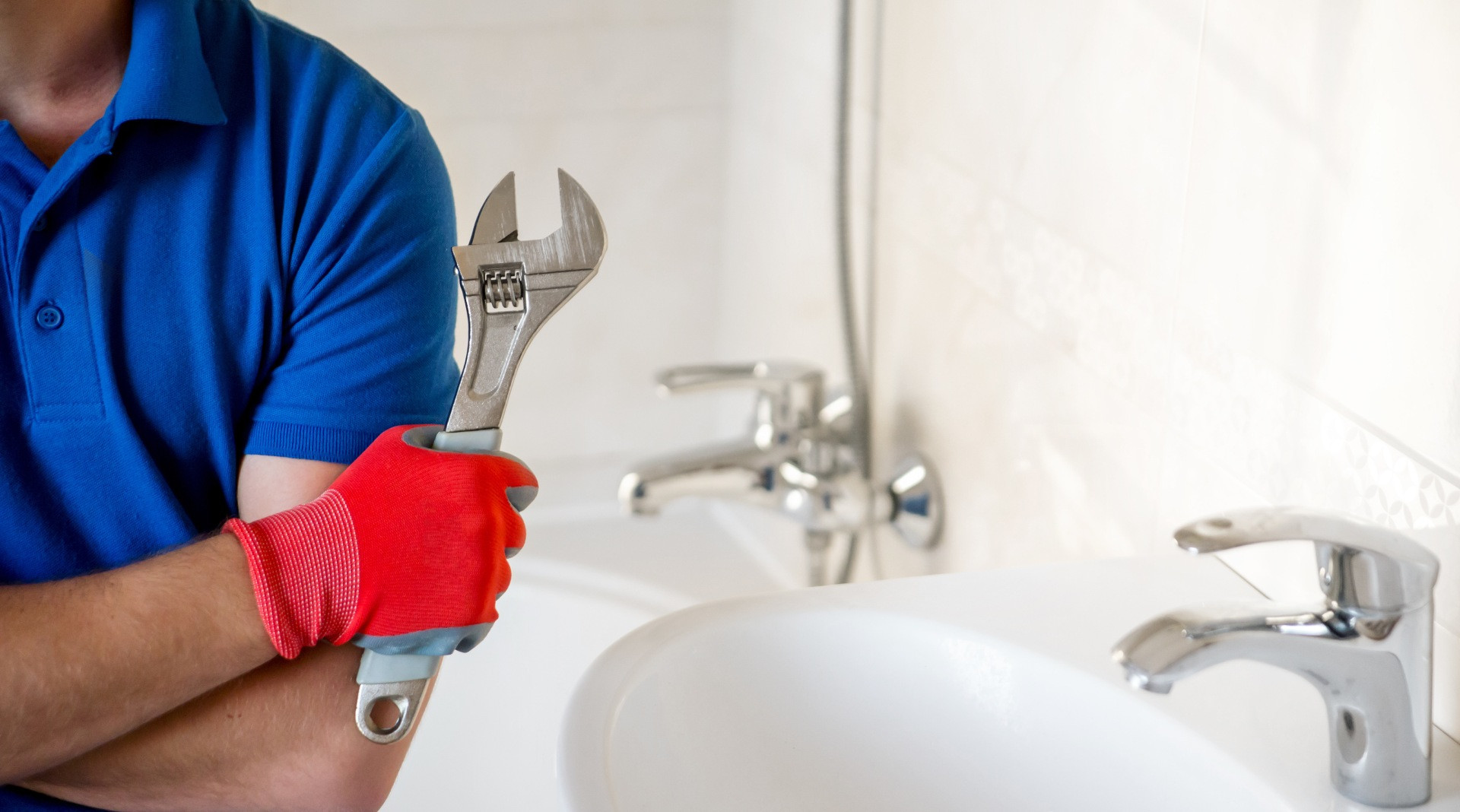
Does Hot Water Systems Leaks? Leaking Hot Water System
It might be frightening to discover water coming from somewhere it hasn’t been before, whether it’s a pipe, a tap, or a sewer. Water seeping from your hot water system is not necessarily a reason for alarm, but it does need a review to determine the source of the leak.
Table of Contents
Release Valve For High Pressure
As it comes to storage hot water systems, the temperature and pressure release valve (TPR valve) is meant to release a little quantity of water when required, thus it is not uncommon to see water leaking from this position on occasion. A continual stream of water from the TPR might indicate that the valve is malfunctioning and needs to be replaced, or that the valve is clogged with debris and must be cleaned.
Caution should be used since the water leaking from the hot water system might be quite hot.
Water should not flow or drop out of the hot water system on a regular basis, except for the TPR valve.
Slow Leak
Even a slow leak should be investigated by your plumber since it might be a harbinger of worse issues in the future. As soon as you observe a drop or two coming from somewhere other than the pressure release valve, call a hot water repair service.
Causes of Hot Water System Leaks
Tank that has Deteriorated
Over time, the storage tank may get corroded, which is generally caused by silt build-up inside the tank. In most cases, tanks are protected with sacrificial anodes, which are intended to corrode instead of the tank’s metal walls.
However, the anode must be examined often and changed, when necessary, to ensure that it corrodes but does not compromise the tank’s integrity in the ideal situation. Because of the ease with which this activity may be disregarded, the tank may begin to rust or corrode. If you want to avoid this from occurring, make sure the plumber examines the tank and anode on a regular basis (every few years).
Hint: Corrosion of the hot water tank may be indicated by the presence of rust or brown coloured water, as well as a foul odour in the water, in certain cases. Consult with your plumber if you notice a change in the colour of your water or if your water smells.
Fixtures Or Pipelines Have Been Damaged
It is possible for the pipes or fittings in your hot water system to get corroded over time because of contact with other metals or exposure to the environment. The good news is that a leak caused by a pipe or fitting is often fixable.
Air With A Salty Taste
Even if you do not live near a beach, the salty air may ultimately cause corrosion in any metal object, including your hot water system. Routine maintenance may assist in identifying and preventing rust issues before they become serious.
Most of the time, fixing or even replacing a cracked or corroded storage tank is not cost-effective; if the tank is broken, replacing it with a new system is typically more cost-effective.
Consider upgrading to a more energy-efficient model to save your electricity costs.
Heating and cooling systems for hot water have gone a long way in the previous couple of decades, with most companies now offering 5+ star energy efficiency or very energy efficient solutions. Solar hot water or heat pump systems are an excellent alternative since they make use of free, renewable energy sources to heat or cool water.
Consult with your hot water service plumber for experienced guidance on selecting the most appropriate hot water heater for your requirements.




